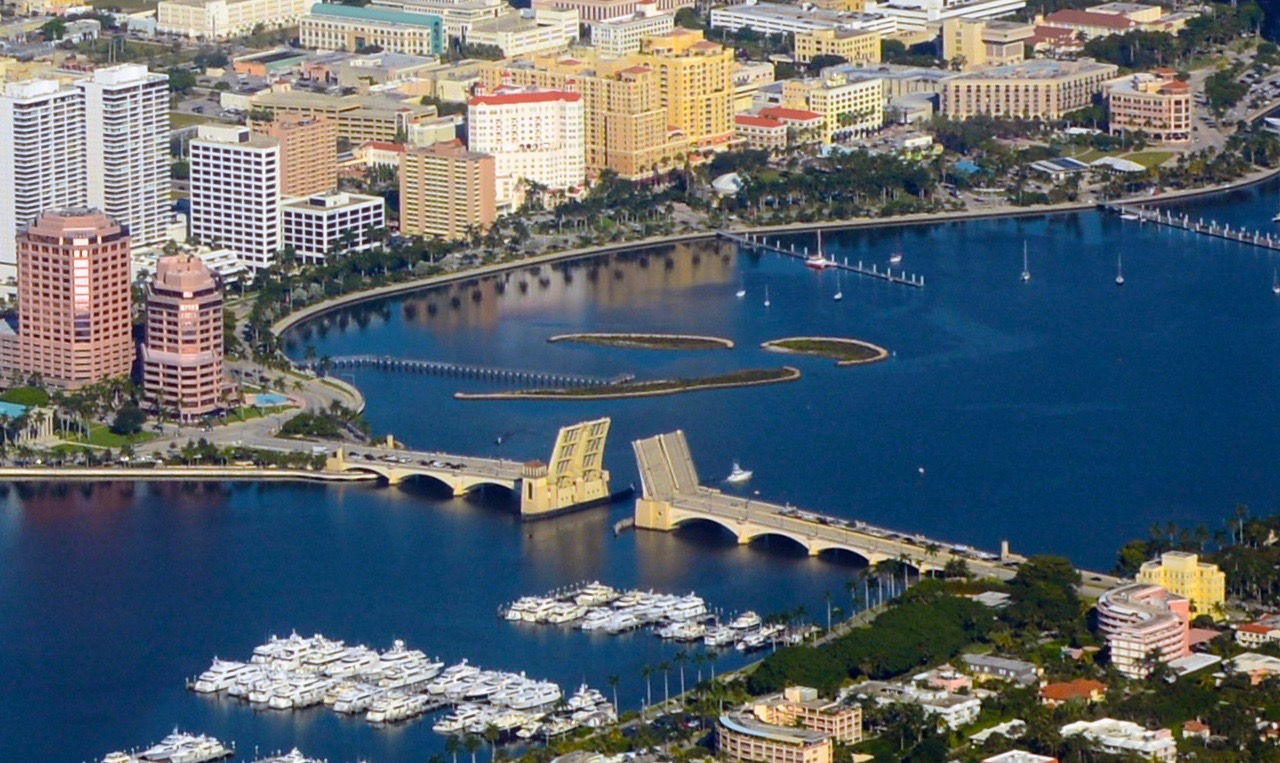
West Palm Beach is a wonderful getaway destination, especially in the summer when the sun is shining bright and the beaches are warm and inviting.
Although a trip to Florida will no doubt be one that soothes your soul, all travel adventures come with unexpected circumstances. While you can’t prepare for everything, take the following precautions into consideration before packing your bags and grabbing the next flight:
- Understand auto insurance laws in Florida
As a traveler, you’ll probably want to rent and drive your own car. Sure, you can take an Uber, but considering the risks, it’s probably safer to do your own driving. You’ll need to shell out more money for a rental car, but it’s worth it. Before you deny the extra insurance coverage like you would in your home state, think twice. Auto insurance doesn’t work the same way in Florida as it does in most other states.
When it comes to auto insurance, Florida is a no-fault state. If you’re not familiar with no-fault states, you’ll probably be surprised to learn how it works.
How no-fault car insurance works
In a no-fault state, after a car accident, you need to file a claim with your own insurance carrier. This is called personal injury protection (PIP) and will provide you with compensation regardless of who caused the crash.
“While it [PIP] has the benefit of providing you with compensation quickly regardless of who was responsible for causing the crash, it does have its shortcomings,” says the Law Offices of Casey D. Shomo. “To begin with, most policies are limited in what damages they’ll cover, often limited to just medical expenses and lost income. Non-economic damages are generally not covered by these plans.”
In a no-fault state, filing a personal injury claim is the only way to recover compensation for all your losses. However, in Florida, you can only file a personal injury claim if you suffered significant bodily injury in the crash. Florida does have a legal definition of what constitutes a serious injury. Serious injuries include, but aren’t limited to: broken bones, organ damage, spinal injuries, scarring, disfigurement, permanent disability, and traumatic brain injuries.
Double check what your rental car company is offering in terms of insurance. Don’t assume your insurance will cover you if you’re not from Florida.
- Be aware of water dangers
Small children and babies can drown in the bath tub, even in just a few inches of water. Now imagine a raging ocean with riptides and waves that can knock a child over and cause serious injury.
If the beach is new territory for you, it’s important to take the following precautions for you and your children:
- Teach your children to face the water. It’s fun watching the waves roll over your ankles facing away from the water, but it’s also dangerous. Smaller children are easily knocked over by unexpected waves.
- Don’t let your kids bury their feet in the sand near the water. This isn’t going to be popular with your kids, but when a child buries their feet in the sand, they put themselves at risk of being trapped and/or tripping. With feet buried in the sand, all it takes is one wave to knock them over, and if they can’t move, they’ll go down hard.
- Watch your kids at all times. The closer your kids are to the shore, the more danger they are in. Wading isn’t safer than swimming, so be sure to keep an eye on them at all times. Better yet, if they’re small, always hold their hand.
- Set up near the lifeguards. Whenever possible, set your towels and canopies up as close to the lifeguards as possible. This way, when you go out into the water, you’ll be easier to see and reach if you need help.
- Beware of dangerous areas
When you’re traveling to and from destinations, you need to know what areas to avoid on your route. When you’re not a Florida local, you need to rely on others for that information. Like any city, there are areas of West Palm Beach you should be aware of.
Unfortunately, opinions on what areas are dangerous vary. For example, the Northwood area of West Palm Beach used to be seedy and scary, but was renovated and is now full of shops and restaurants. City Place shopping and dining is fine to access via foot during the day, but not at night.
Listen to your instincts
The best safety precaution you can take is to listen to your instincts. If it doesn’t feel right, it probably isn’t.